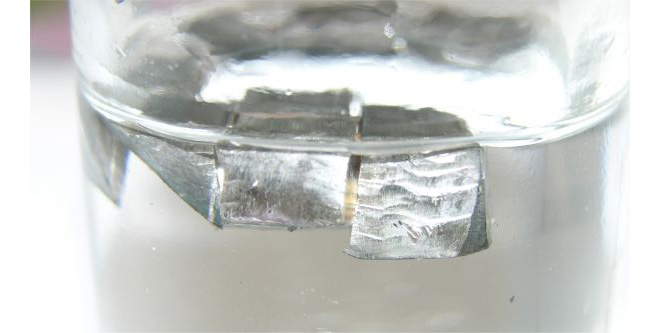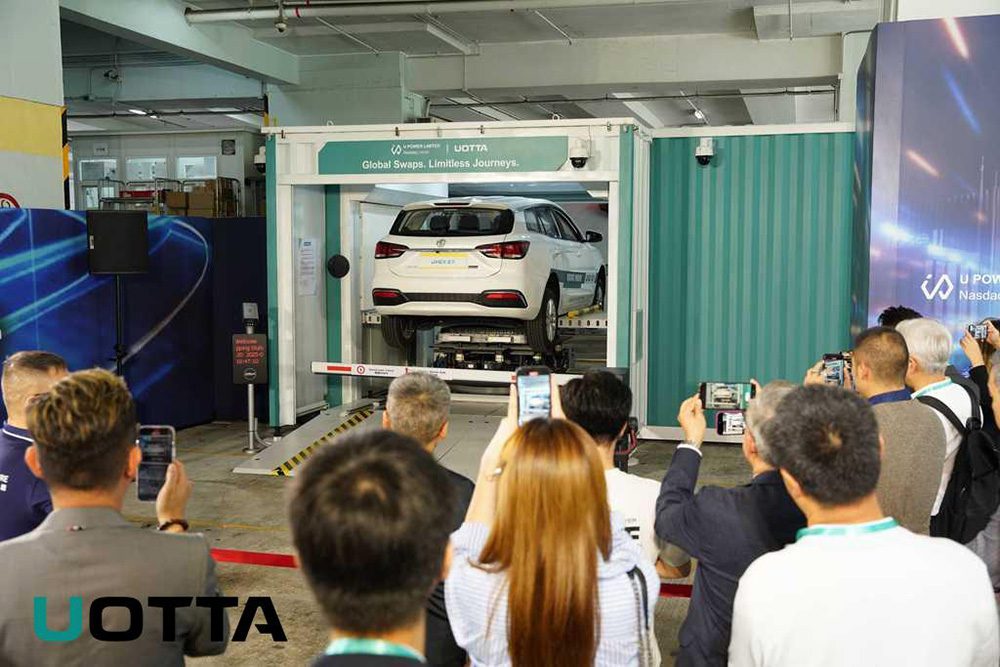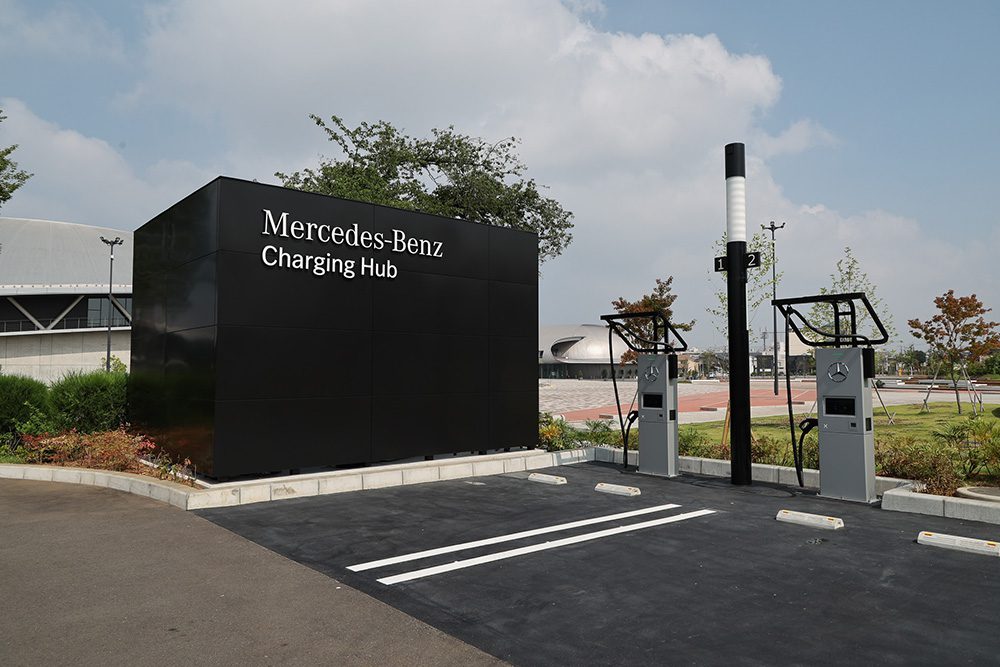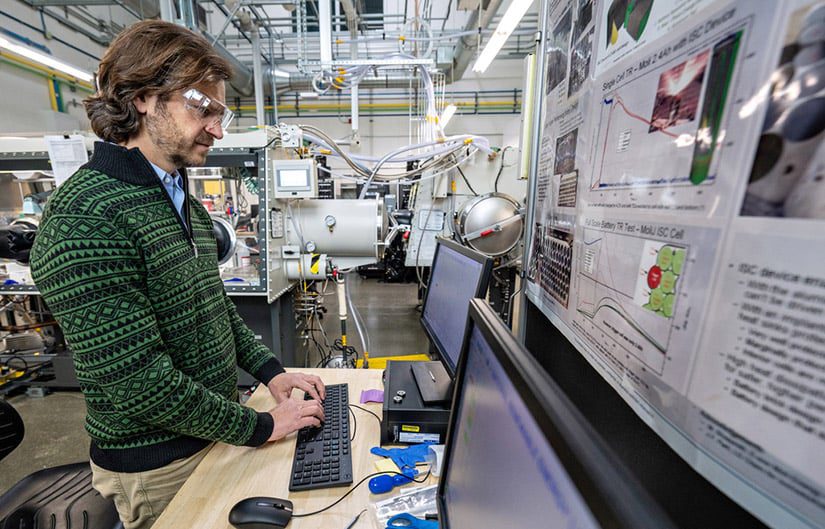Global lithium prices have doubled over the last six months, sparking a scramble to secure sources of the metallic element, and causing pundits to ponder whether white lightning may be the new black gold.
However, a new study by a Carnegie Mellon University team has found that even large increases in lithium prices are unlikely to significantly increase the cost of battery packs for vehicle manufacturers or consumers.
In “The cost of lithium is unlikely to upend the price of Li-ion storage systems,” published in Journal of Power Sources, Rebecca Ciez and Jay Whitacre explain how they analyzed multiple lithium-ion battery chemistries and cell formats to see whether extreme lithium price variations would have a substantial impact. They found that even large fluctuations in the global lithium price would not change the cost of lithium-ion cells by more than 10%.
Ciez and Whitacre note that some believe that increased demand for lithium is cause for geopolitical and economic concerns about access to global supplies, while others use concerns about shortages and price variations as justifications for research into alternate electrochemical energy storage technologies.
For the analysis, Rebecca Ciez and Jay Whitacre selected two prismatic cell designs and two lithium-ion battery chemistries. They constructed a bill of materials and broke down the costs of the cells, then performed a sensitivity analysis to determine the influence of large fluctuations in the lithium carbonate price.
“Lithium price increases of more than 300% – from $7.50/kg to $25/kg – would not lead to commensurate increases in battery costs; the maximum increase in the cost per kWh for the four batteries considered is less than 10%,” write Ciez and Whitacre. “To have even a 15% increase in cell costs, lithium prices would have to be much higher – between $36 and $87/kg. These prices are unsustainably high, and would trigger other lithium producers to enter the market, increasing supply and reducing prices to the ocean removal cost.”
“Lithium is plentiful, and our current sources are not the only sources of lithium – they are merely the cheapest,” note the researchers. “If prices do quadruple, it becomes, in principle, economical to extract lithium from sea water.”
For battery manufacturers concerned about the long-term future of lithium-ion batteries, Whitacre says, “There are many other reasons to pursue different battery chemistries, but access to lithium resources is not one of them.”
Source: Carnegie Mellon University via Green Car Congress


















































































